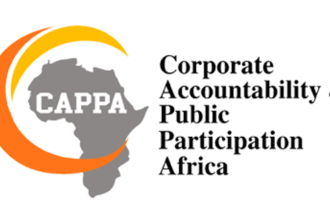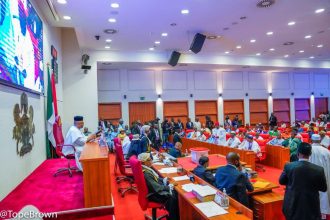The Federal Government has unveiled 50 new tax exemptions and reliefs, set to take effect from January 1, 2026, as part of ongoing fiscal reforms aimed at easing the burden on low-income earners and boosting business competitiveness.
Presidential Fiscal Policy and Tax Reforms Committee Chair, Taiwo Oyedele, revealed the plans on his official X handle, explaining that the measures form a major part of the government’s agenda to promote inclusive economic growth, reduce inequality, and stimulate job creation.
Under the new laws, individuals earning the national minimum wage or less will be fully exempted from paying Personal Income Tax (PAYE). Annual gross incomes of up to ₦1.2 million, translating to a taxable income of about ₦800,000, will also attract no tax.
The reforms introduce a progressive PAYE structure that reduces tax obligations for individuals earning up to ₦20 million annually, while gifts and certain allowances will be exempted from taxation.
Other deductions include contributions to the National Pension Scheme, National Health Insurance, National Housing Fund, and life insurance or annuity premiums.
Rent relief of up to 20 per cent of yearly rent, capped at ₦500,000, will also apply. Pension funds, gratuities, and retirement benefits under the Pension Reform Act remain tax-exempt. Compensation for loss of employment up to ₦50 million will not be taxed.
Companies with a yearly turnover not exceeding ₦100 million and total fixed assets below ₦250 million will pay zero per cent Companies Income Tax. Basic food items, healthcare, educational materials, agricultural inputs, and selected energy equipment will either attract 0 per cent VAT or be fully exempt.
The reforms aim to simplify compliance, expand the tax net, and encourage investment, job creation, and growth across strategic sectors.


















